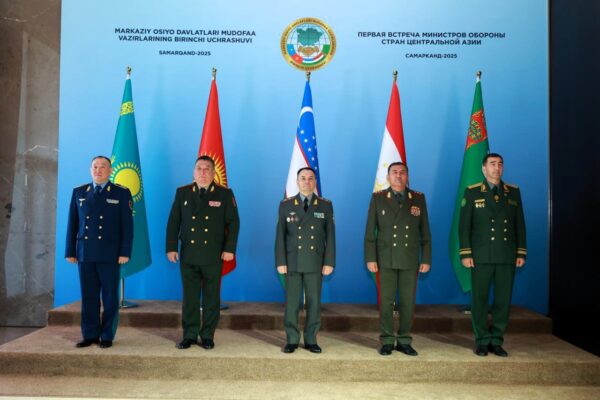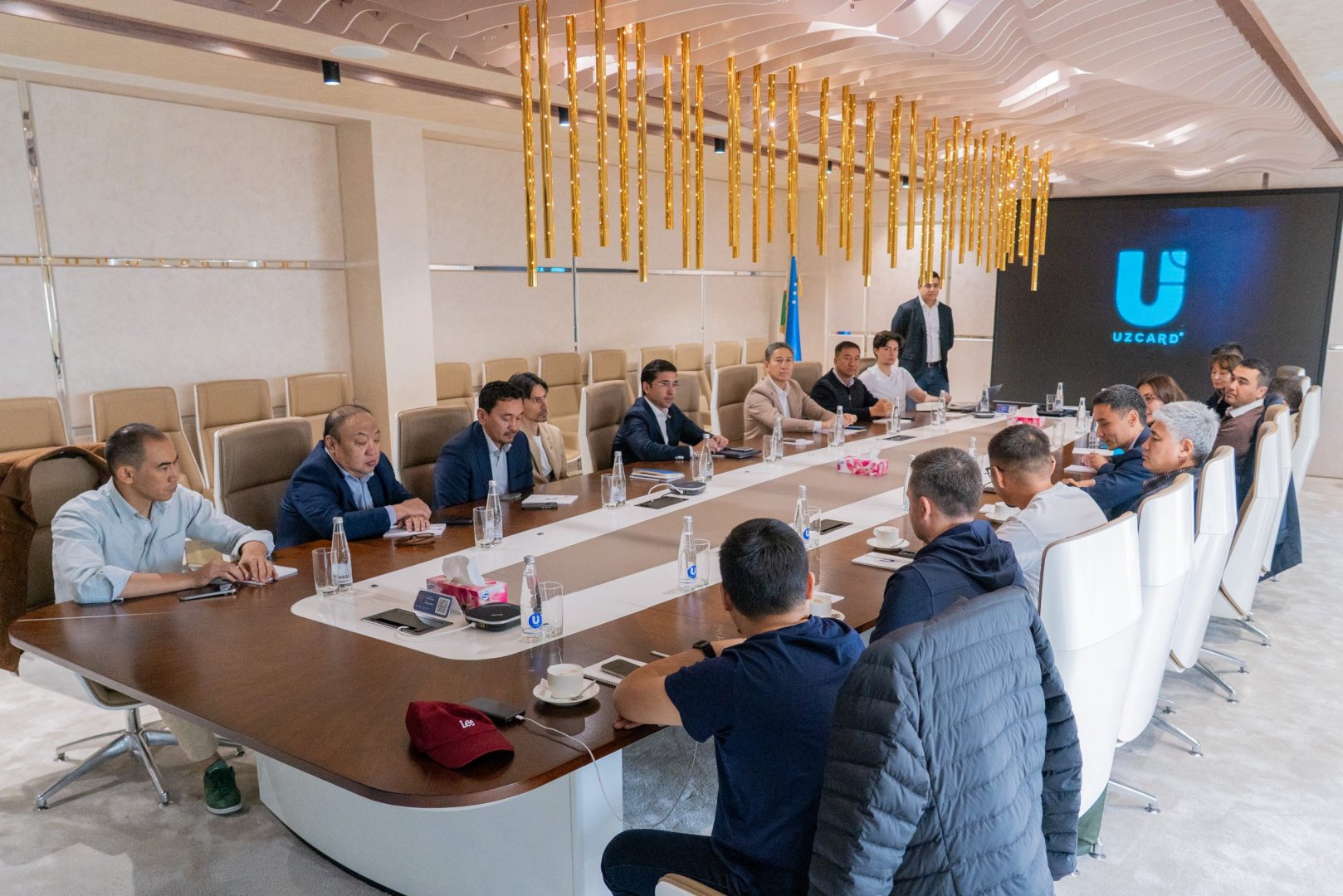Copyright thediplomat

On October 20, the defense ministers of the five Central Asian states met in Samarkand for the very first time, followed on October 21 by a regional joint military exercise, Birlik 2025. Birlik means “unity” in several Turkic languages, including Uzbek. It may strike some observers as odd that the defense ministers of Kazakhstan, Kyrgyzstan, Tajikistan, Turkmenistan, and Uzbekistan have never before met all together, without other participants, in the region’s 34 years of independence. This is, in part, a product of the relative weakness of the region’s militaries vis-a-vis internal security forces and border services, and the propensity in the past to channel military cooperation exclusively through larger multilateral formats. This is all rooted in a history of hesitation regarding regional cooperation more broadly. According to Uzbek media, an address attributed to Uzbek President Shavkat Mirziyoyev, and read by Uzbek Security Council Secretary Viktor Makhmudov, highlighted that “in recent years relations among the Central Asian states, based on close neighborliness, mutual respect, and trust, have risen to the level of constructive dialogue and strategic partnership, and are steadily developing in the field of military defense as well.” Citing global instability, Mirziyoyev’s message stressed that “cooperation between the defense ministries is more important than ever.” Uzbekistan’s Minister of Defense Lieutenant General Shukhrat Kholmuhamedov chaired the meeting and held bilateral talks with his regional counterparts: Kazakh Defense Minister Dauren Kosanov, Kyrgyz Defense Minister Ruslan Mukambetov, Tajik Defense Minister Emomali Sobirzoda, and Turkmen Defense Minister Begenç Gündogdyýew. If those names sound unfamiliar, that’s because most of the region's defense ministers have been appointed within the last year, all expect Turkmenistan’s Gündogdyýew, who has twice served as defense minister, from 2011-2015 and 2018 to the present. The defense ministers – according to an Uzbek readout of the meeting titled “Solidarity and cooperation” – discussed expanding military cooperation, improving the joint training system, establishing an exchange of experience and practical knowledge, and implementing regional security initiatives. But the main goal of the meeting was “to develop practical cooperation” – that is, the point of the meeting was to have a meeting. “The dialogues, held in a sincere spirit, laid the foundation for further strengthening trust and solidarity between the countries and taking new steps to ensure peace and stability in the region.” The defense ministers meeting was followed on October 21 by a regional military exercise – Birlik 2025 – in which Turkmenistan’s place was taken by Azerbaijan. Birlik 2025 took place across several regions in Uzbekistan, and included a reconnaissance element and a simulated special operation in an urban environment. According to an Uzbek readout of the exercise, fighter jets and combat helicopters from the Uzbek and Kazakh air forces participated as well. The exercises, the Uzbek readout stressed, “served not only to increase the combat readiness and cooperation of the participating troops, but also to strengthen friendship, solidarity and mutual trust.” Over the last decade, and especially since Mirziyoyev took up the Uzbek presidency in 2016, regional cooperation has deepened in tangible ways. This has manifested in annual leaders’ meetings since 2018, in consistent engagement in collective platforms that match the region with an outside power (the U.S., China, Russia, the EU and others), and in progress on settling some of the most contentious issues between the region’s states: border delimitation. Security cooperation at the military level is yet another step down the regional cooperative road. While the Central Asian defense ministers sat down on October 20 in Samarkand (followed by obligatory visits to the city’s historic sites), in neighboring Tajikistan the Collective Security Treaty Organization (CSTO) opened the latest iteration of its “Indestructible Brotherhood” exercise. Representatives from the militaries of Belarus, Kazakhstan, Kyrgyzstan, Russia, and Tajikistan are participating the the exercises, which will run until October 24, with a special focus in peacekeeping operations. Greater regional cooperation in Central Asia does not come at the expense of other cooperative mechanisms – such as the CSTO or the Shanghai Cooperation Organization (SCO), in which most of the Central Asian states (except Turkmenistan) actively engage. But the fact that the five states of Central Asia are comfortable with, and see value in, working together is itself a signal to the region’s large and powerful neighbors, Russia and China.



